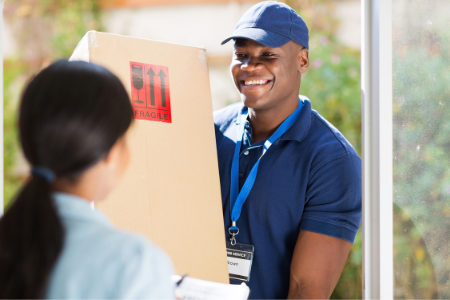| NORTHEAST FLORIDA — Small-business owners who cannot pass along increased gas prices are most at risk as pump prices are expected to hit $4 per gallon.By not raising their prices, small businesses eat increased fuel costs and lose profits, said Sean Snaith, director of the University of Central Florida’s Institute for Economic Competitiveness. “Small businesses are more flexible to make changes to limit gas use, but they don’t have the capital to fall back on.”
Snaith doubts the increased gas prices will break many businesses, unless they’re directly connected to transportation, such as trucking companies and pizza delivery shops. But if gas prices continue to increase, there will be a build-up of small-business failure. Cost that can’t be passed Much of how small businesses fare in a challenging economy depends on whether their goods and services are considered essential or are the first thing on consumers’ cut-back list. “We’re a florist, so we have to deliver,” said Andy Graham, operations manager at Kuhn Flowers. Raising the price of flowers, which “aren’t exactly a necessity,” isn’t possible. When Graham’s family bought the business seven years ago, gas was about $1.20 per gallon, compared with the current Jacksonville average of about $3.40 per gallon, according to the American Automobile Association. Fueling the company’s fleet ranges from $4,200 to $6,300 per week. Now, as Graham pays nearly three times as much to fuel his fleet of 20 trucks, his flower-buying is more sporadic due to tightening at home and in Colombia, his major supplier. The world’s largest flower grower’s loss of 35 percent of its farms after Mother’s Day reflects how concerns over fuel are often intensified by other factors, including decreased consumer spending spurred by the housing slump. Graham said his flower suppliers have added $5 to $10 surcharges on each box, translating to $1,000 to $2,000 in extra fees per week.
|
- Services
-
-
Blue Streak offers a full suite of customized services
-
-
- Industries
-
-
We serve a wide-range of industries, each with specialized delivery solutions
-
-
- Company
-
-
-
About Blue Streak
Together, we strive to bring our customers the most innovative and reliable service possible.
- Leadership Team
- History
- Our Technology
-
-
- Resources
-
-
-
News and resources to keep you up to date with Blue Streak
- News
- Fuel Surcharge Information
- Resource Library
-
-
- Careers
-
-
-
Join our team!
Blue Streak is always looking for diligent and hard working people.
- Deliver for Us
- Work in Our Office or Warehouse
-
-
- Service Area
- Contact






